Home>Construction & Tools>Building Materials>What Kind Of Screws To Use On Brick
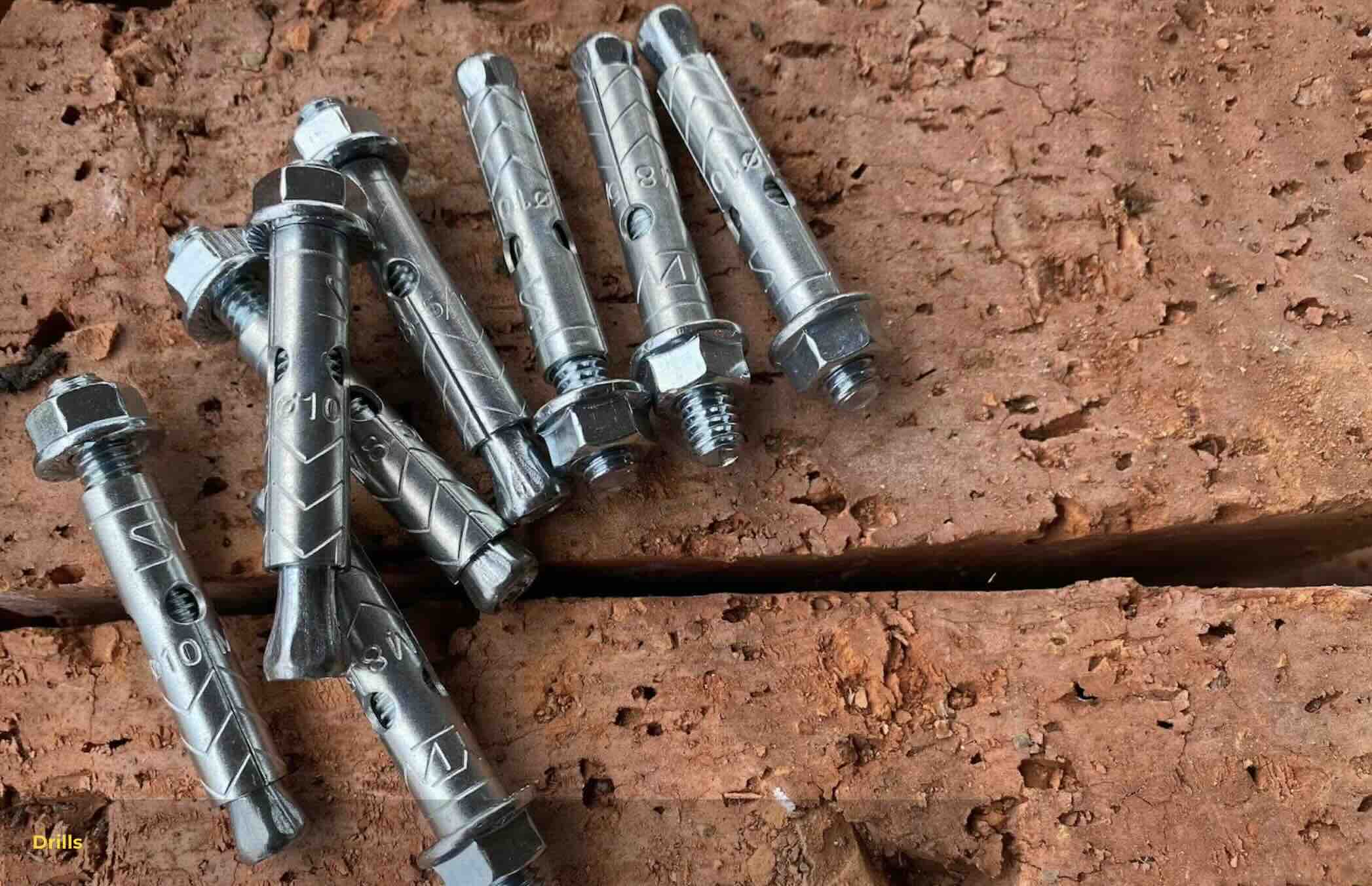

Building Materials
What Kind Of Screws To Use On Brick
Modified: February 17, 2024
Discover the best building materials for securing screws into brick. Learn which types of screws are ideal for brick projects and how to use them effectively.
(Many of the links in this article redirect to a specific reviewed product. Your purchase of these products through affiliate links helps to generate commission for Storables.com, at no extra cost. Learn more)
Introduction
When it comes to building or renovating a structure, the type of screws used can significantly impact the project's integrity and longevity. This is especially true when working with brick, a material known for its durability and strength. Choosing the right screws for brick applications is crucial for ensuring a secure and reliable outcome.
In this article, we will delve into the world of screws suitable for brick, exploring the various types available, important factors to consider when making a selection, and valuable tips for using screws effectively in brick projects. Whether you're a seasoned contractor, a passionate DIYer, or simply curious about construction materials, this guide will equip you with the knowledge needed to navigate the realm of brick screws with confidence.
Join us on this insightful journey as we uncover the best practices for selecting and using screws on brick surfaces, empowering you to tackle your next construction or renovation project with precision and expertise.
Key Takeaways:
- Choose the right screws for brick projects to ensure durability and stability. Consider factors like material compatibility, load-bearing capacity, and environmental resilience for a reliable outcome.
- When using screws on brick, pre-drill pilot holes, apply consistent pressure, and consider future maintenance needs. By following best practices, you can achieve effective and secure fastenings in brick constructions.
Types of Screws Suitable for Brick
When it comes to fastening materials to brick surfaces, it’s essential to choose screws that are specifically designed to withstand the unique challenges posed by this rugged and dense material. Here are some of the most commonly used types of screws suitable for brick applications:
- Masonry Screws: Also known as concrete screws, masonry screws are specially engineered to anchor into hard materials such as brick, concrete, and stone. They feature a unique thread design and often come with a corrosion-resistant coating, making them ideal for outdoor and high-moisture environments.
- Anchor Screws: These screws are designed to provide a secure hold in masonry materials, including brick. They typically feature a sleeve that expands once the screw is inserted, creating a strong grip within the brick structure.
- Hex Head Screws: Hex head screws, with their robust and reliable design, are well-suited for fastening objects to brick surfaces. Their hexagonal heads allow for easy installation and removal, making them a popular choice for both professional builders and DIY enthusiasts.
- Stainless Steel Screws: Stainless steel screws are highly resistant to corrosion, making them an excellent choice for outdoor brick applications where exposure to the elements is a concern. Their durability and strength make them a reliable option for long-term fastening.
- Flat Head Screws: Flat head screws are designed to sit flush with the surface once installed, providing a clean and professional finish. Their ability to create a seamless appearance makes them a preferred choice for visible fastening on brick exteriors.
Each type of screw offers unique advantages, and the choice ultimately depends on the specific requirements of the project at hand. Understanding the characteristics and applications of these screws is essential for achieving secure and lasting fastenings in brick constructions.
Factors to Consider When Choosing Screws for Brick
When selecting screws for brick applications, several crucial factors should be taken into account to ensure optimal performance and longevity. Consider the following key elements before making your decision:
- Material Compatibility: Ensure that the screws you choose are specifically designed for use with brick. This includes considering the composition of the screw itself, as well as any coatings or treatments applied to enhance durability and resistance to corrosion.
- Length and Diameter: The length and diameter of the screws should be carefully matched to the thickness and load-bearing requirements of the materials being fastened. Using screws that are too short or too narrow can compromise the integrity of the connection.
- Environmental Factors: If the brick surface is exposed to outdoor elements, such as rain, snow, or fluctuating temperatures, it’s essential to select screws with superior weather resistance. Stainless steel and corrosion-resistant coatings can help mitigate the impact of environmental exposure.
- Load-Bearing Capacity: Consider the weight and stress that will be exerted on the fastened objects. Choosing screws with a higher load-bearing capacity than necessary can provide an added margin of safety and stability.
- Installation Method: Different screws may require specific installation methods, such as pre-drilling pilot holes or using specialized anchors. Understanding the recommended installation procedures for your chosen screws is crucial for achieving secure and reliable fastenings.
- Appearance and Finish: If the fastened objects will be visible, consider the aesthetic aspects of the screws, such as head type and finish. Flat head screws, for example, can create a sleek and unobtrusive appearance on exposed brick surfaces.
- Long-Term Durability: Assess the anticipated lifespan of the project and choose screws that are engineered for long-term durability. This is particularly important for outdoor brick installations, where exposure to the elements can accelerate wear and corrosion.
By carefully evaluating these factors and selecting screws that align with the specific requirements of the project, you can ensure a reliable and enduring fastening solution for your brick constructions.
When attaching something to brick, use masonry screws or anchors designed for use with brick. These screws have special threads and often require pre-drilling a hole in the brick for installation.
Tips for Using Screws on Brick
While selecting the right screws is crucial, the successful application of screws on brick surfaces also relies on proper techniques and considerations. Here are valuable tips to ensure effective and secure use of screws in brick projects:
- Pre-Drilling Pilot Holes: To facilitate the insertion of screws into brick, it’s often necessary to pre-drill pilot holes using a masonry drill bit. This helps prevent the brick from cracking and ensures precise placement of the screws.
- Using Anchors: In some cases, especially when fastening heavy objects or in brittle brick, using anchors in conjunction with screws can provide added stability and load-bearing capacity. Be sure to select anchors that are compatible with brick and the intended load requirements.
- Applying Consistent Pressure: When driving screws into brick, apply steady and consistent pressure to avoid stripping the threads or damaging the brick surface. Using a slow and controlled approach can yield better results than excessive force.
- Choosing the Right Drill Speed: When drilling pilot holes in brick, using a lower drill speed can prevent overheating and ensure clean, precise holes. High speeds may cause excessive friction and lead to less controlled drilling.
- Securing with Washers: For added stability, consider using washers in conjunction with screws, especially when fastening objects that may experience movement or vibration. This can help distribute the load and minimize stress on the brick.
- Maintaining Alignment: When installing multiple screws in a linear or patterned arrangement, maintaining consistent alignment and spacing is essential for achieving a professional and visually appealing result.
- Inspecting for Tightness: Once the screws are in place, carefully inspect the fastened objects to ensure they are securely and snugly attached to the brick. Periodic checks for tightness can help identify any potential issues early on.
- Considering Future Access: When fastening objects to brick, especially in maintenance or repair scenarios, consider the need for future access to the fastened area. Using screws that allow for easy removal and reinstallation can simplify future maintenance tasks.
By adhering to these tips and best practices, you can maximize the effectiveness and reliability of screws in brick applications, ultimately contributing to the structural integrity and longevity of your construction or renovation projects.
Conclusion
Choosing the right screws for brick applications is a critical aspect of construction and renovation projects, influencing the stability, longevity, and aesthetic appeal of the final outcome. By understanding the types of screws suitable for brick, considering essential factors in the selection process, and implementing best practices for their use, builders and DIY enthusiasts can achieve secure and reliable fastenings in brick constructions.
From masonry screws to stainless steel options, the diverse range of screws available caters to various requirements and environmental conditions, offering flexibility and durability in brick applications. Factors such as material compatibility, load-bearing capacity, and environmental resilience play pivotal roles in the selection of screws, ensuring that they are well-suited for the demands placed upon them.
Effective use of screws on brick surfaces involves careful attention to detail, from pre-drilling pilot holes to securing with washers and anchors as needed. By following recommended installation methods and considering future maintenance requirements, the integrity of the fastenings can be preserved over time, contributing to the overall quality and reliability of the construction or renovation project.
As you embark on your next brick-related endeavor, whether it’s installing outdoor fixtures, mounting decorative elements, or undertaking structural enhancements, the knowledge and insights shared in this guide will empower you to navigate the realm of brick screws with confidence and expertise. By leveraging the right screws and employing best practices, you can ensure that your brick constructions stand the test of time, embodying strength, resilience, and precision in every fastening.
With a solid understanding of the types, considerations, and tips related to screws for brick, you are well-equipped to embark on your next construction or renovation project, poised to achieve exceptional results and enduring quality in your brick applications.
Frequently Asked Questions about What Kind Of Screws To Use On Brick
Was this page helpful?
At Storables.com, we guarantee accurate and reliable information. Our content, validated by Expert Board Contributors, is crafted following stringent Editorial Policies. We're committed to providing you with well-researched, expert-backed insights for all your informational needs.
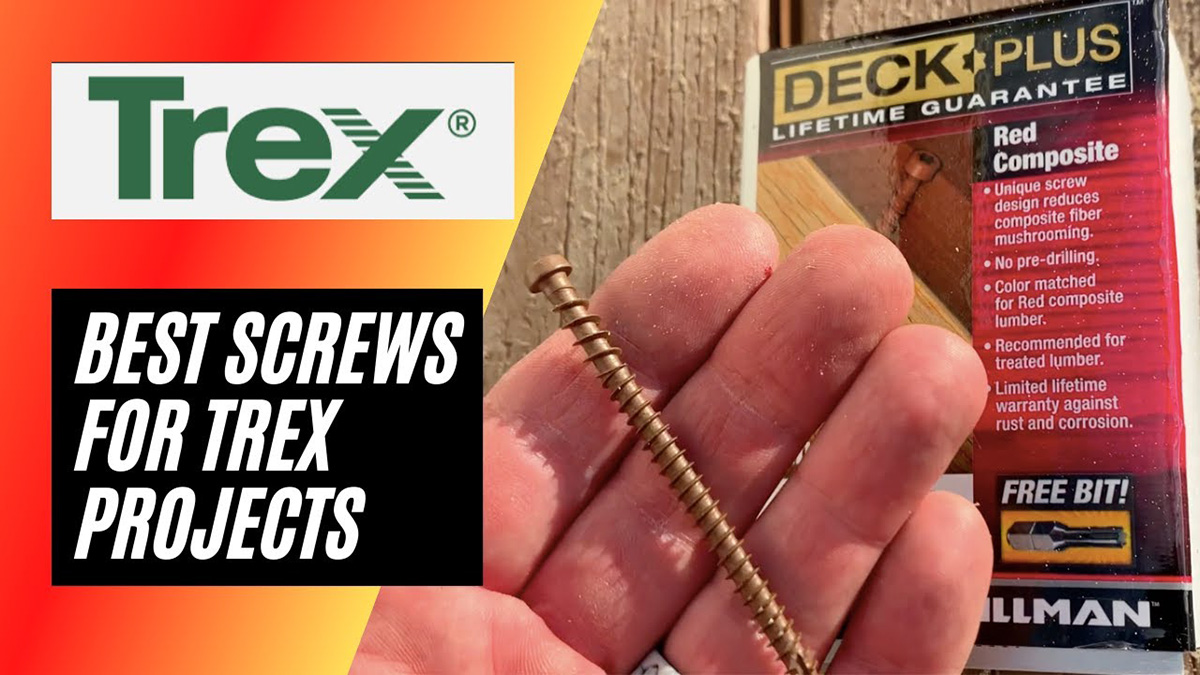
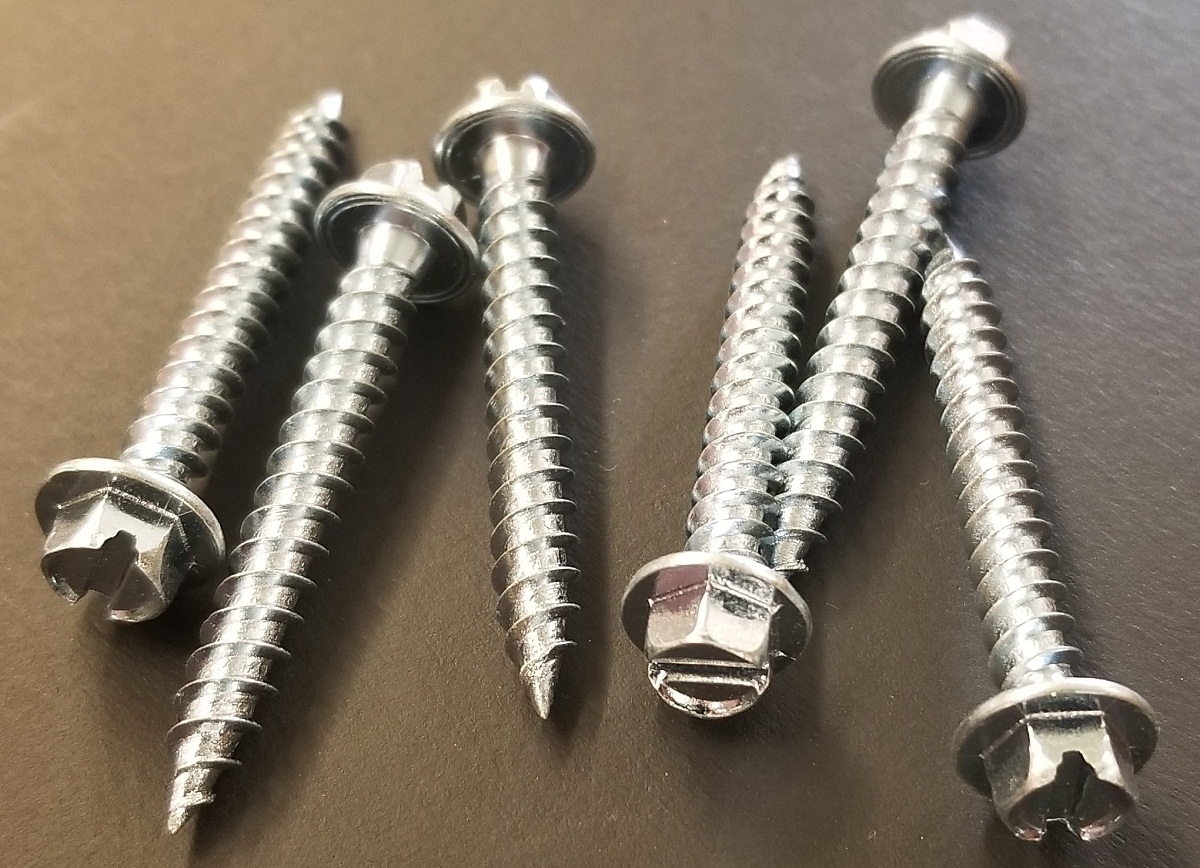
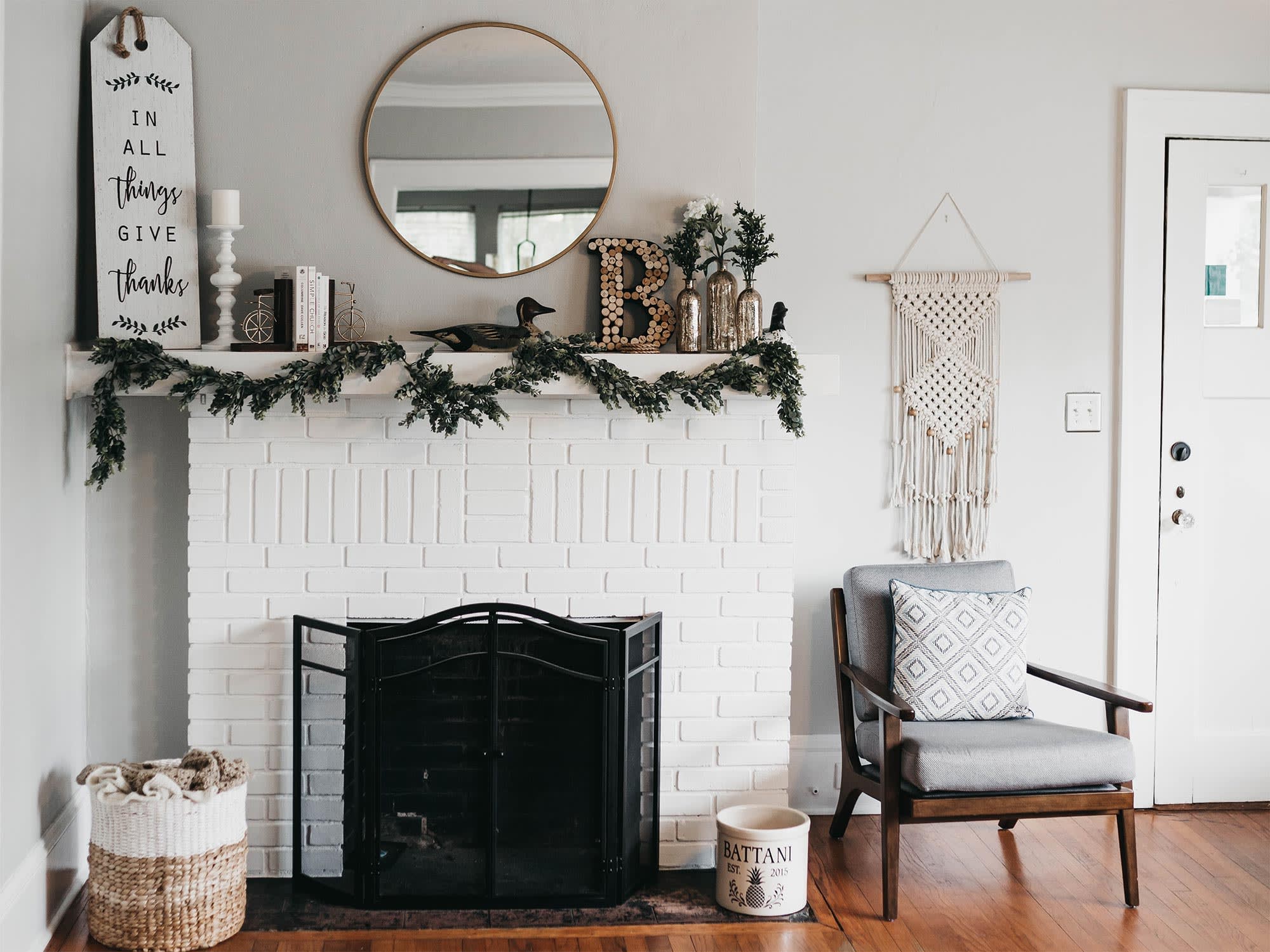
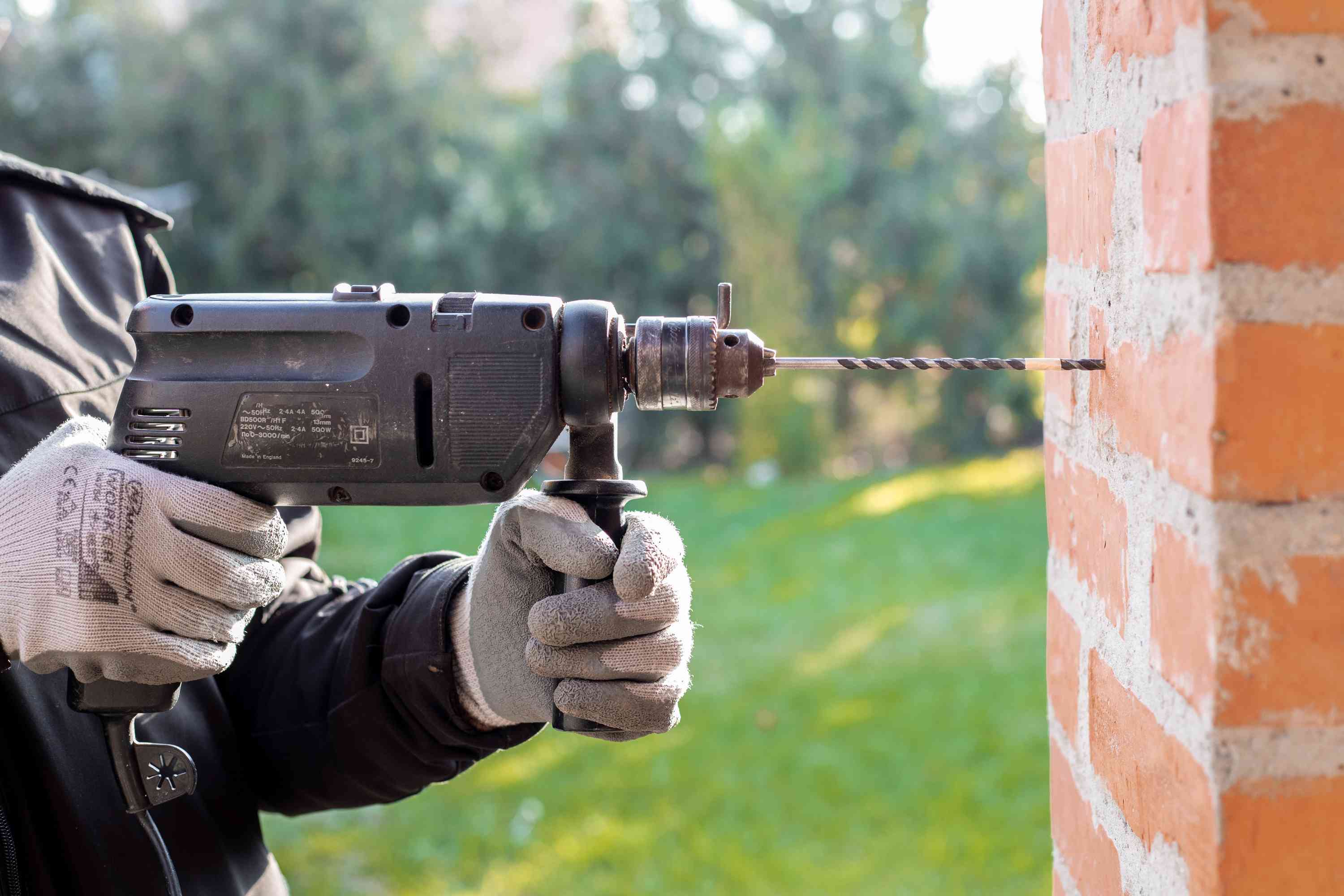
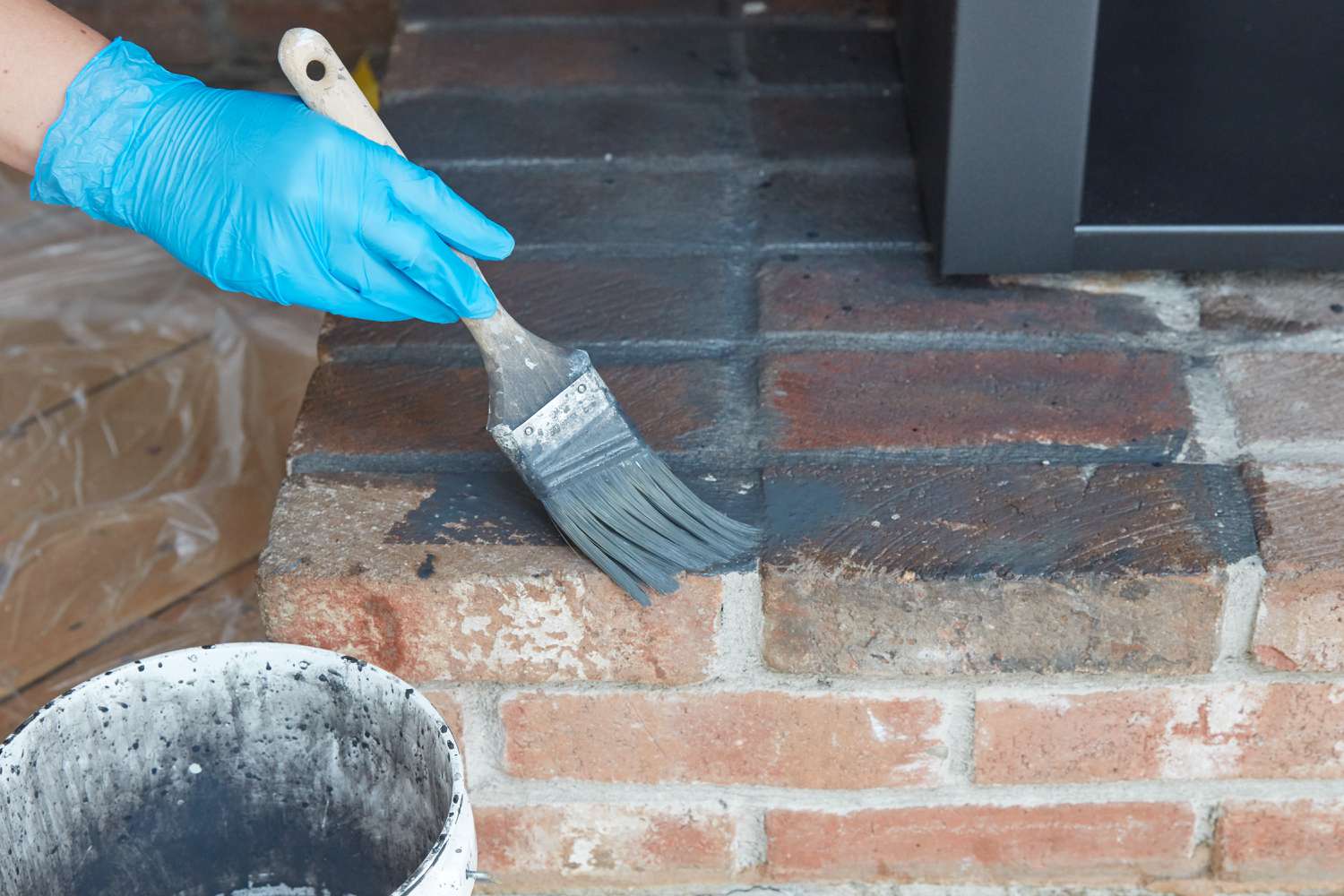
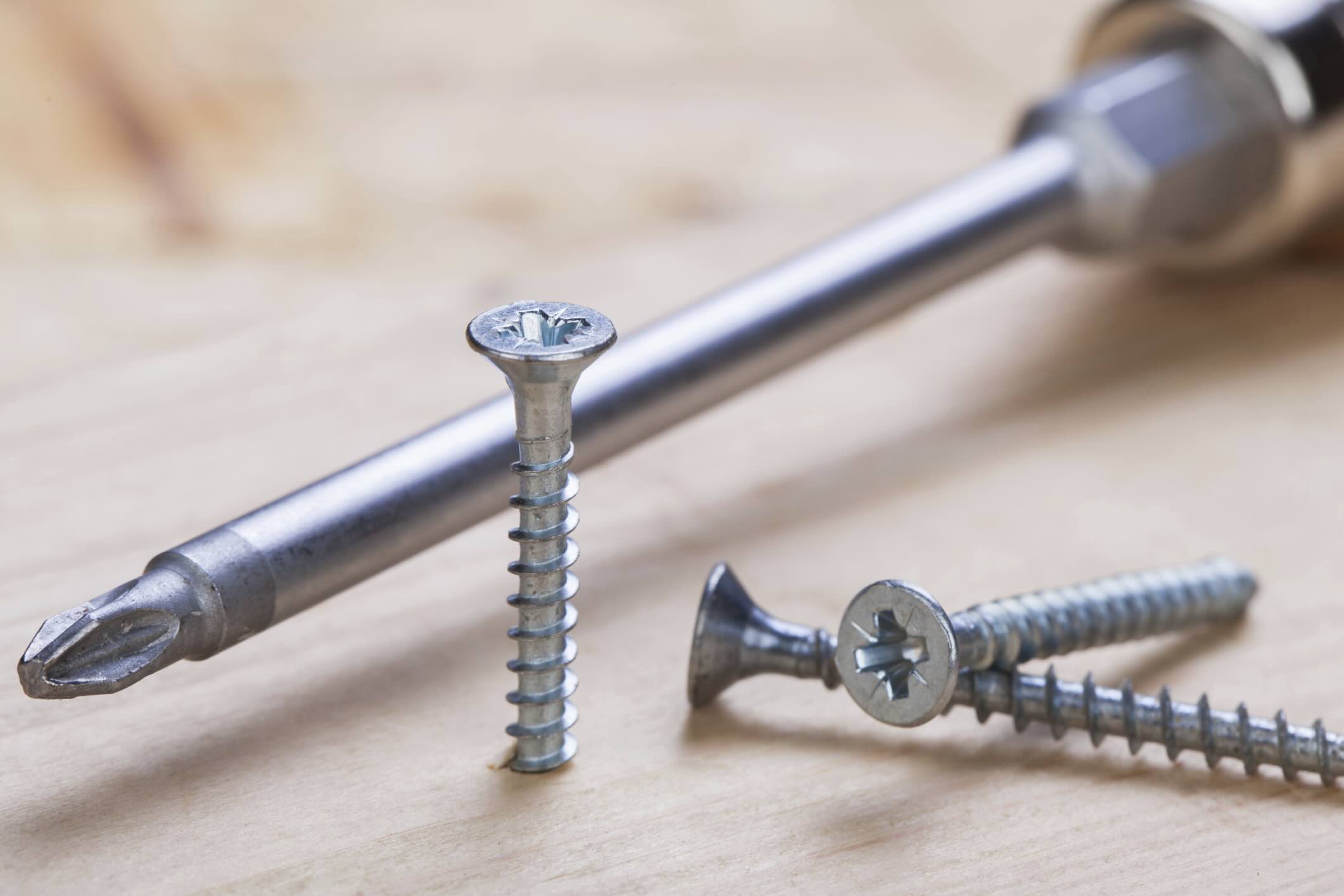
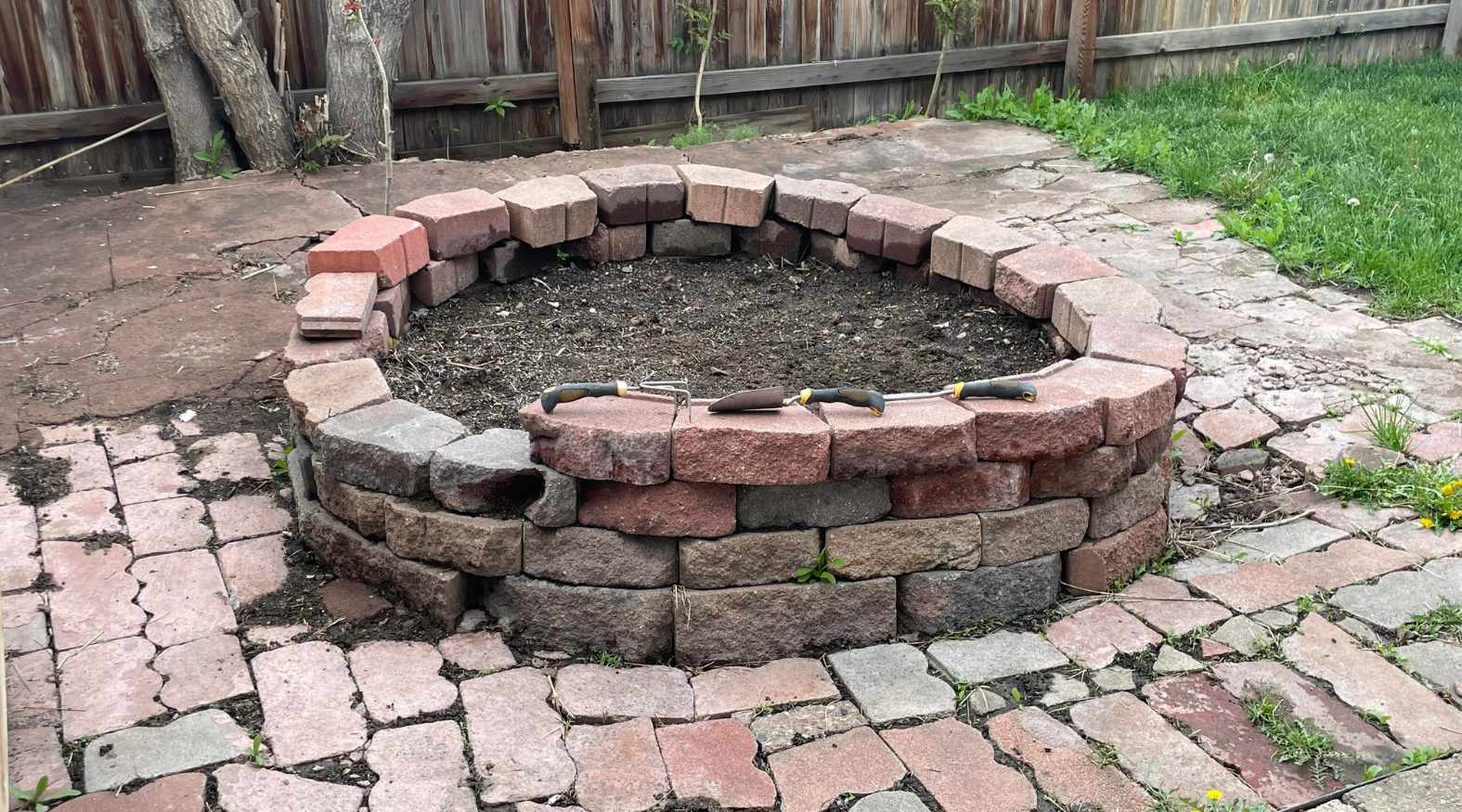
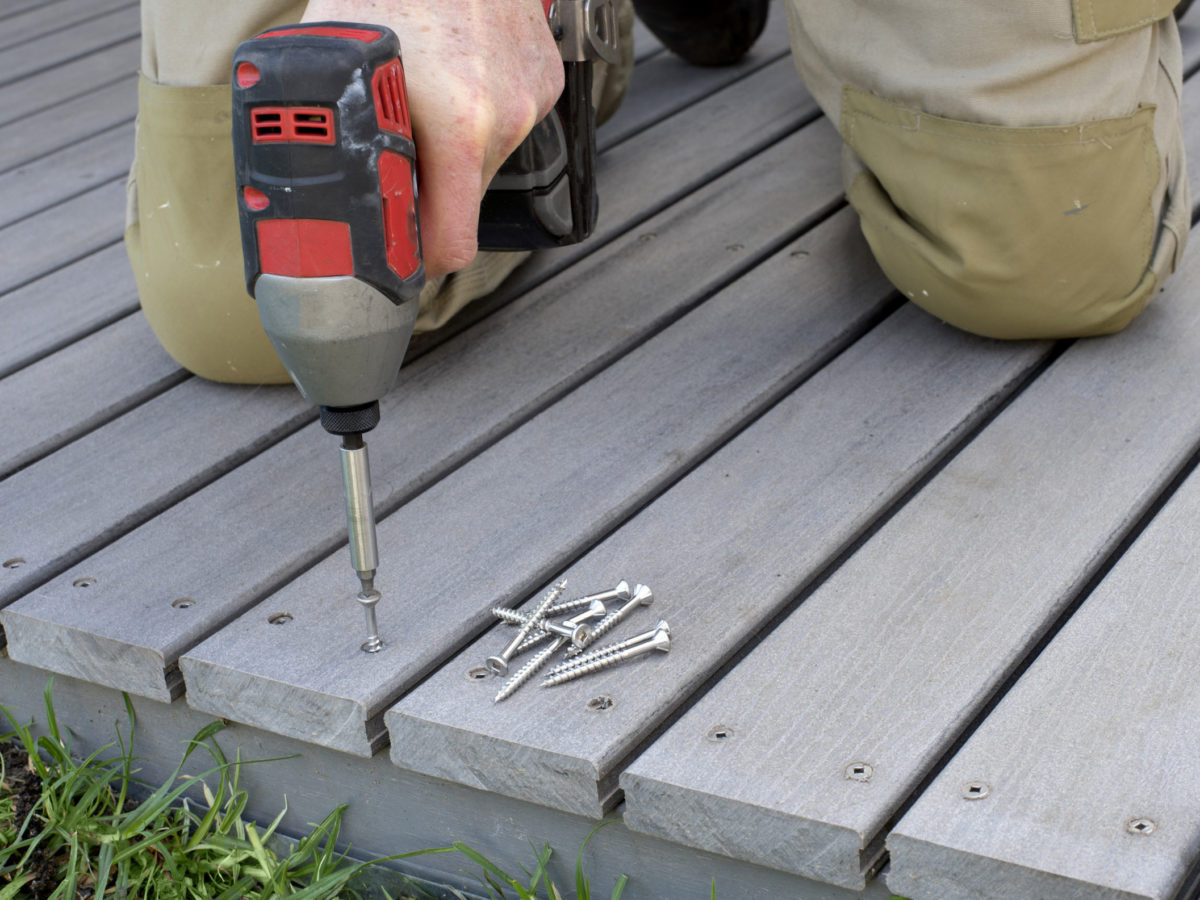
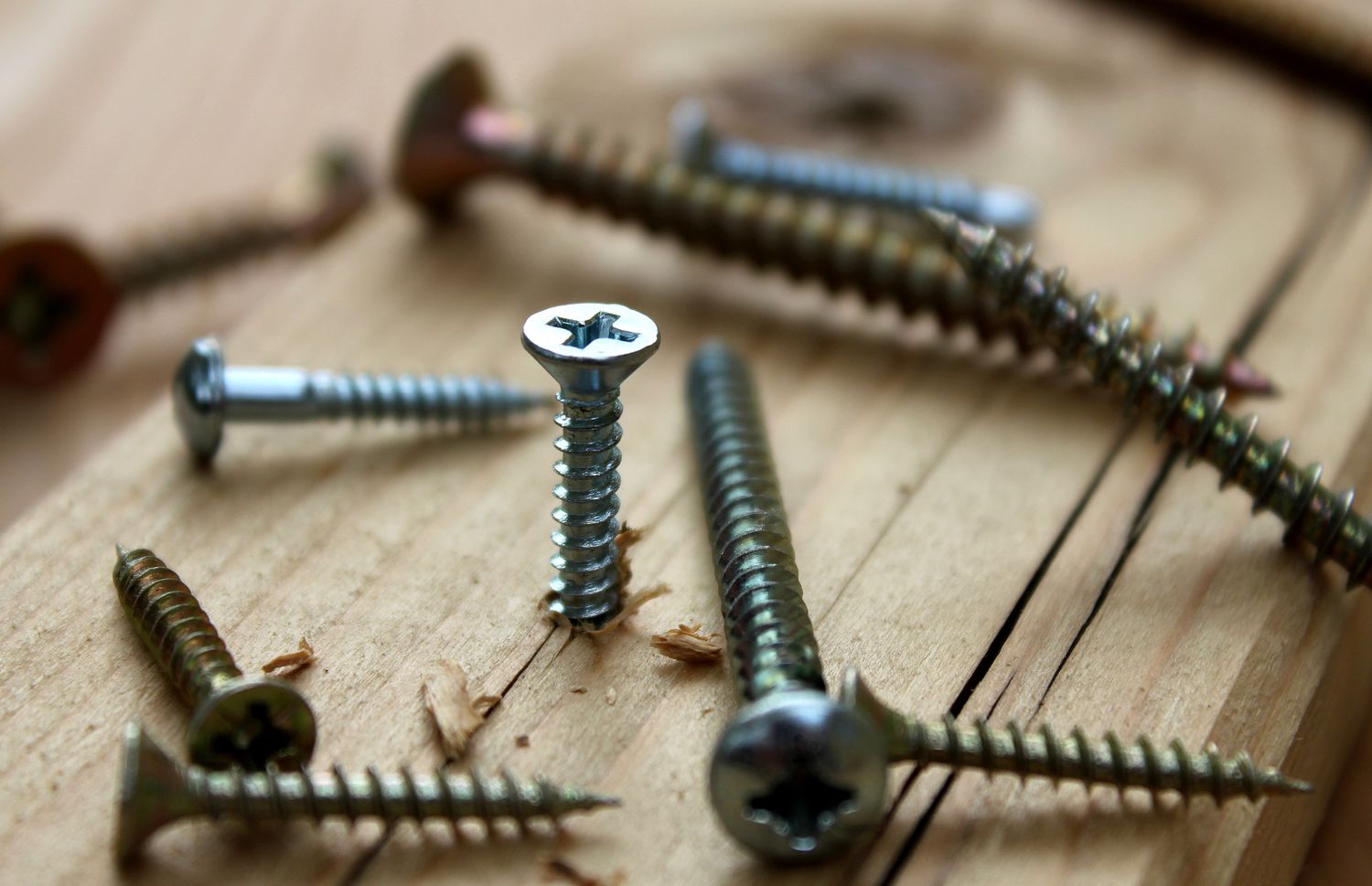
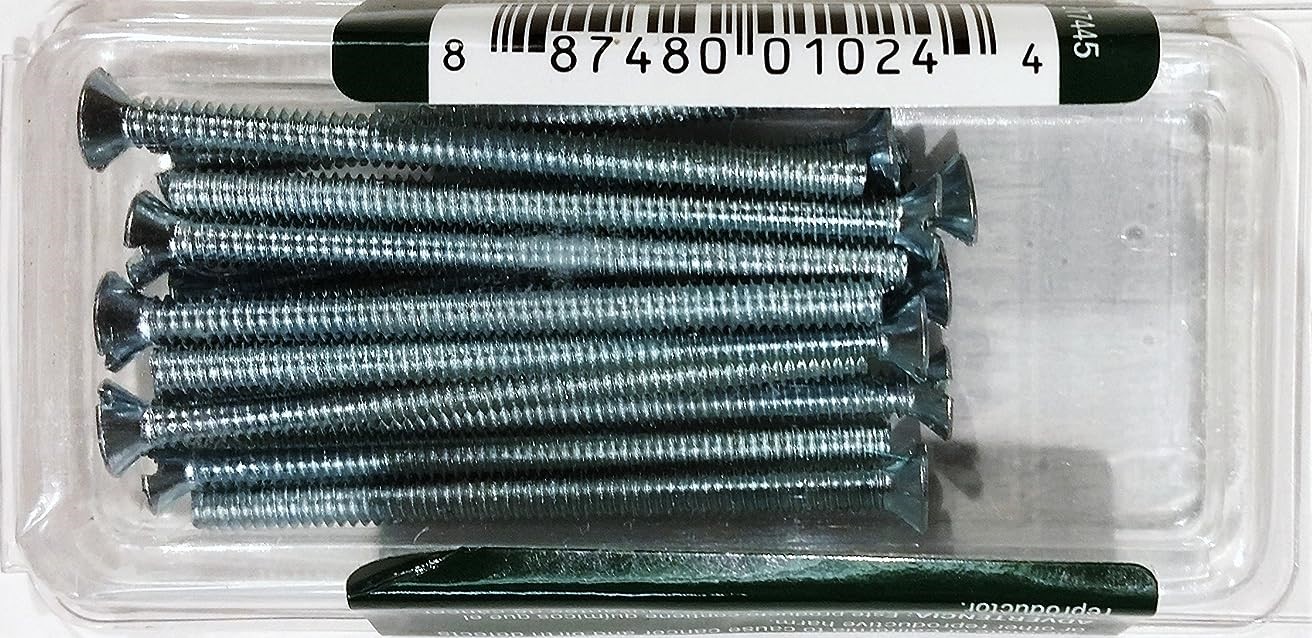
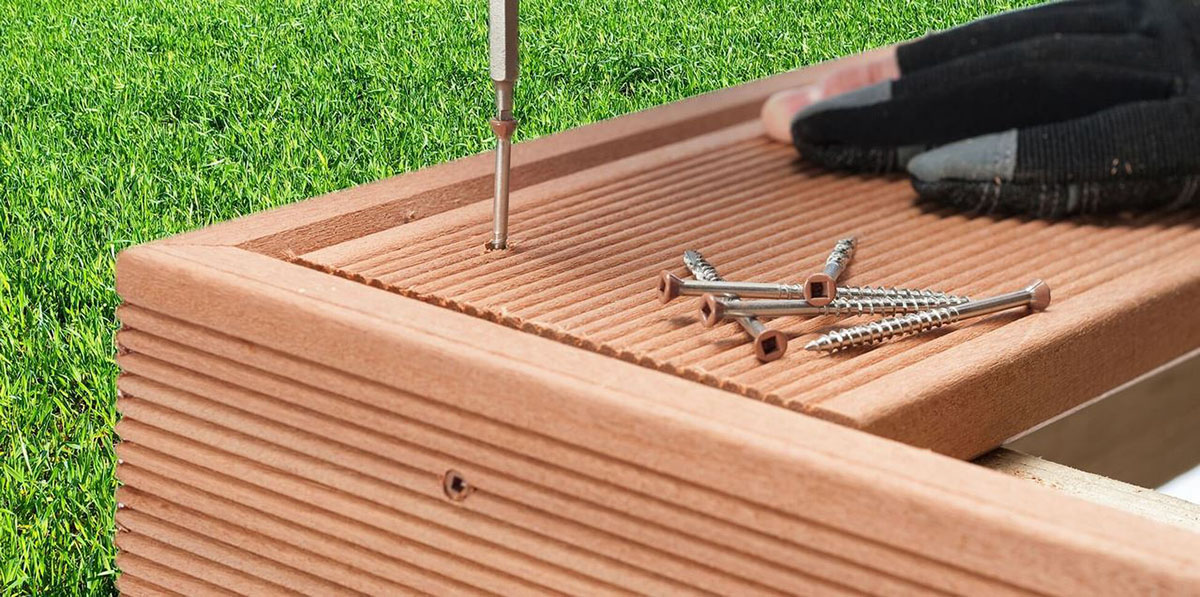
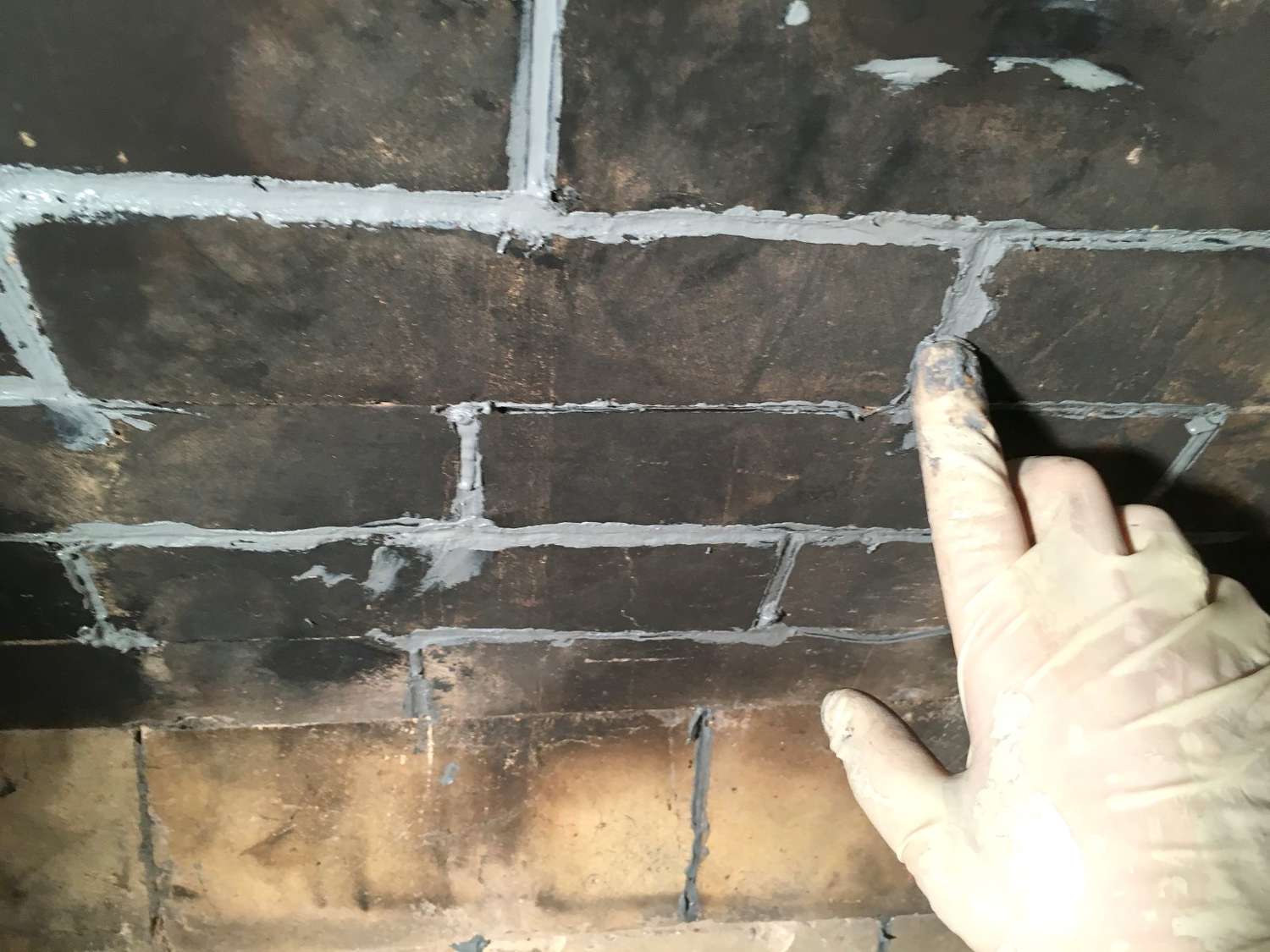
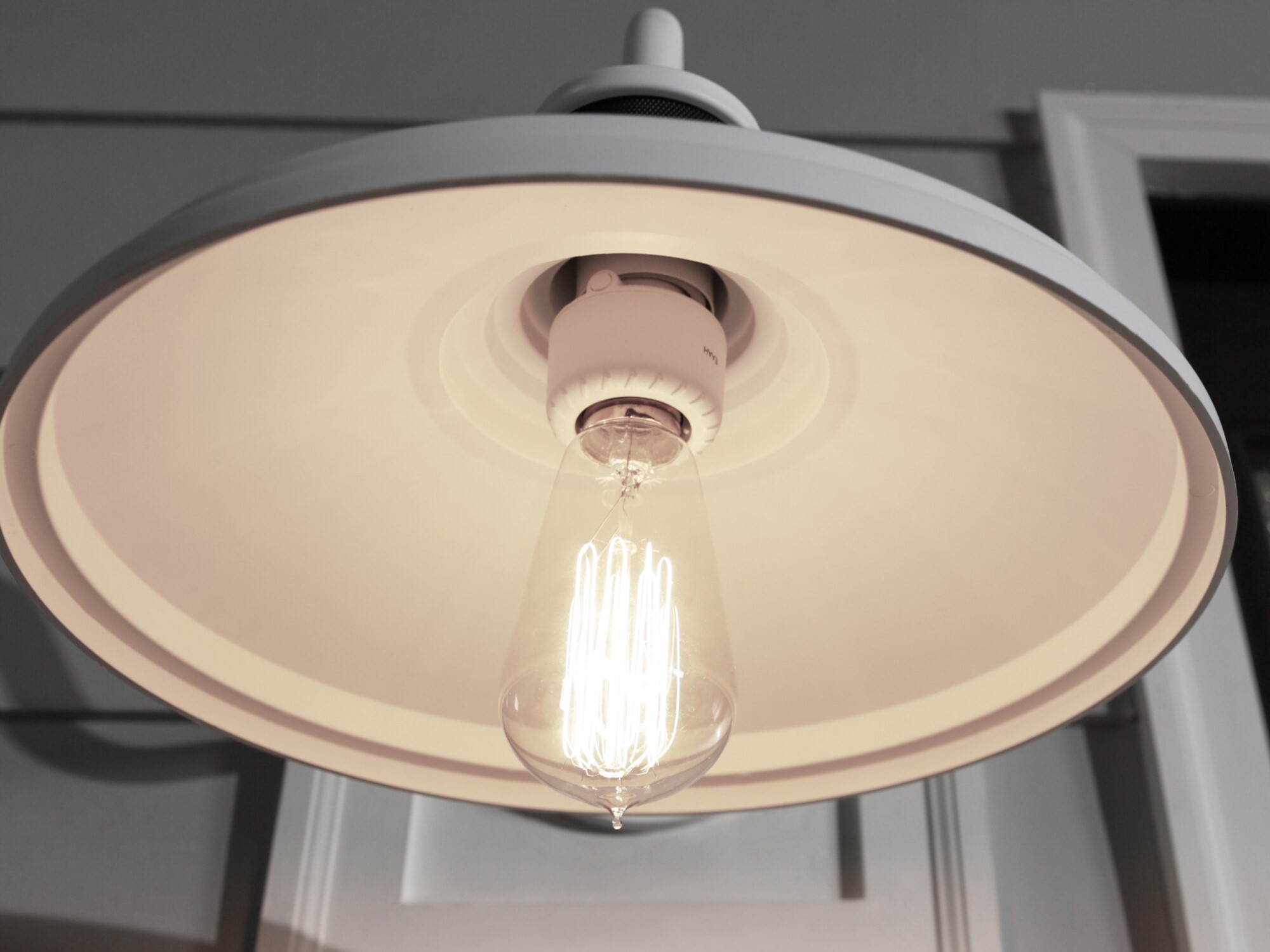

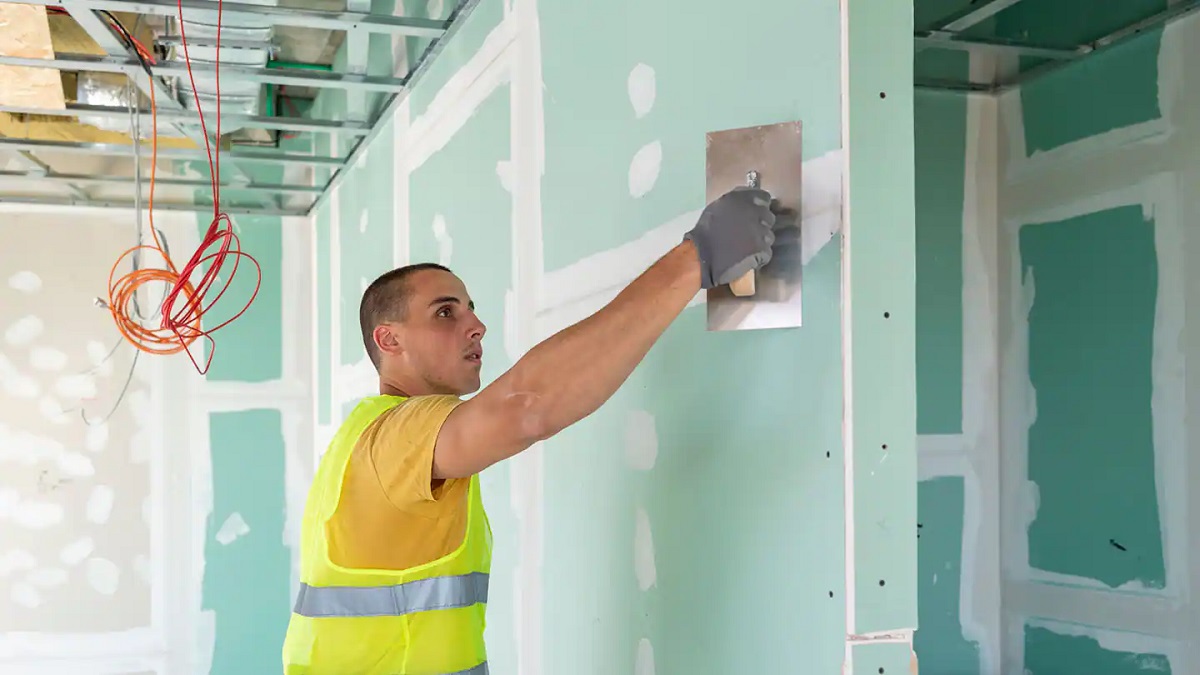

0 thoughts on “What Kind Of Screws To Use On Brick”